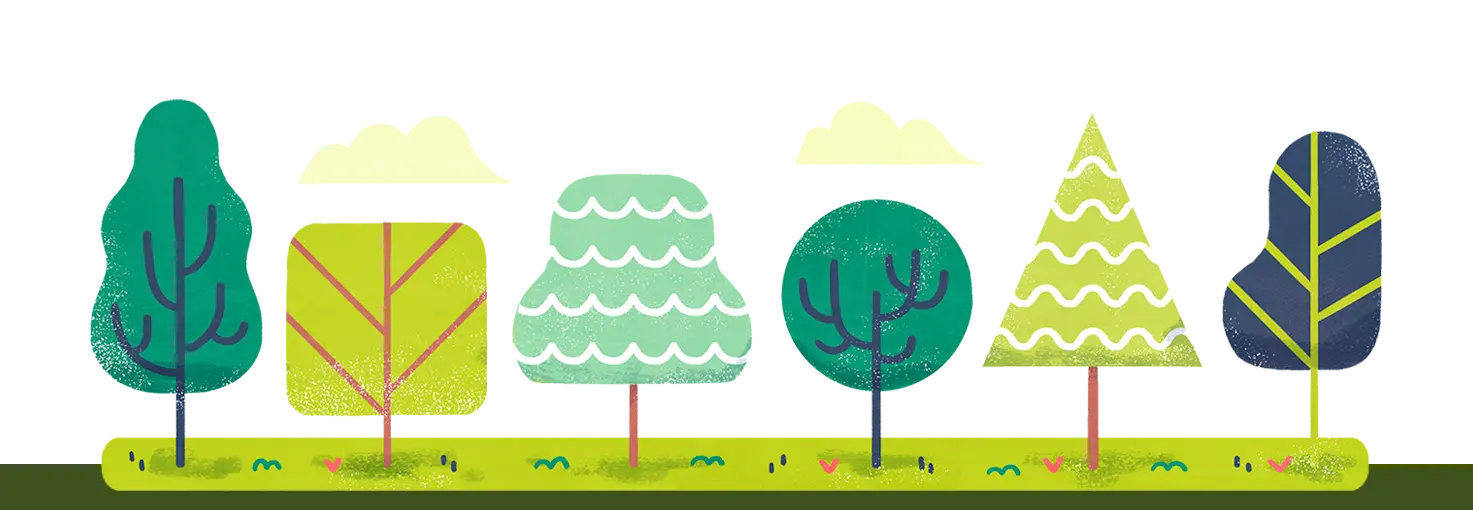Can Mindfulness Make Us Greener?

Posted on November 9, 2013 by vnarula
I compost, recycle, eat organic, use compact fluorescent light bulbs, own a hybrid car, have an electric lawnmower, shop at a co-op, and hug trees in my yard when neighbors aren’t looking.
I know I can do more. For instance, I don’t have solar panels on my roof, don’t have a composting toilet and I don’t dry my laundry on a clothesline. (I’m not interested in having my skivvies wave to the neighbors.)
It’s a good thing Thich Nhat Hanh isn’t grading me. I’ve been reading his latest book, Love Letter to the Earth, and if he was my school teacher and this was a green exam, he’d give me an F. (He’s a compassionate being, so he might bump it up to a C+.) It’s not that I’m not trying, but according to him I’m missing the most important green item from my list: my mind.
Fortunately, I’m not in elementary school. And as a world famous peace activist and Zen master, Thich Nhat Hanh’s too busy to mark school papers. But his point is well taken. Can my mind — the pink, mushy thing lodged between my ears — make me a “greener” person through the simple practice he calls mindfulness?
Thich Nhat Hanh describes mindfulness as living with full awareness with all that is happening inside us and around us, non-judgmentally, from moment to moment.
I do get moments of lucidity, but my mind can quickly swing from tranquility to a hamster wheel on steroids. My awareness gets lost when my mind whirs over trifling things: an unexpected credit card bill, weeds on my lawn, a zit.
This is precisely the problem. My mind, according to Thich Nhat Hanh, is a teenager with the keys to dad’s car. It’s doing whatever it wants – donuts in parking lots, speeding down one-way streets, knocking out hydrants, flipping over fruit carts, scaring old ladies at crosswalks.
I need to get the keys, put the car on cinder blocks and keep it in the garage. To do this I need to stay present and say firmly, “Sorry mind. No more Justin Bieber concerts. No more trips to the mall. You’re grounded.”
If I don’t develop a deeper level of awareness and let the mind go unchecked on its wild, crazy adventures, I create the space for negative and destructive tendencies to arise — anger, hatred, jealousy – all the qualities seen regularly on reality television.
Dr. Stephanie Kaza, a Professor and biologist of Environmental Studies at the University of Vermont, and the author of Mindfully Green, says a deeper awareness is key to reverse our environmental situation: “Much of our ignorance about environmental degradation is the result of not seeing, not smelling, not tasting, not hearing, and not feeling the deeper impacts of environmental suffering. We are too busy or perhaps too afraid to pay attention to what is going on.”
Mindfulness brings our attention back to what is going on around us and within us. Through continued practice, Dr. Kaza says we gain a deeper awareness of ourselves and of the interdependence of life and nature. When this awareness grows, we will naturally want to live a more greener lifestyle.
People in lab coats agree. Research has shown mindfulness not only reduces negative behavior patterns, but it can actually help a person develop qualities that form the basis of interdependence and connection like empathy and compassion. In other words, mindfulness practitioners would never be seen on an episode of Keeping Up with the Kardashians.
Environmentalists like Bill McKibben have praised Dr. Kaza’s work, saying it is of “immense value to anyone looking for ways to live less in opposition to the forces of nature and community.” David Suzuki has said of Thich Nhat Hanh’s teachings: “We need this great wisdom if we are to move from our destructive path.” Dr. Suzuki has even had talks with Thich Nhat Hanh to discuss how this wisdom can be used for collective awakening.
What does this all mean for our planet and a greener lifestyle?
It gives us hope. More importantly, it gives me hope. While I look to green myself on the outside, Thich Nhat Hanh reminds me to stay green inside – to keep my mind present, peaceful and clear. If I want to be happier and have the Earth give me bear hugs and high-fives, I need to grow in compassion and empathy, to slow down, soak up life in this moment and listen to what the environment is saying to me.
If I can do that, only then will I deserve an A.

Vivek Narula is the Director of Neighborhood Forest (@treesforkids) – an organization that gives free trees to schoolchildren every Earth Day.


